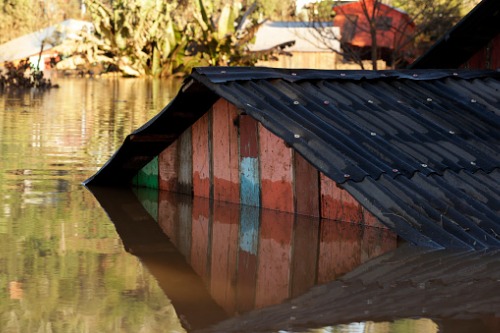

Severe weather in the North Island triggered flooding and landslips in Napier on Monday, November 09, prompting insurers to come to the aid of their customers.
“Your insurer is there to support you and help you get back on your feet after an event such as this – so make sure you contact either your insurer or broker as soon as you can, so arrangements can be made to assess the damage or losses and progress any claims," said Tim Grafton, chief executive of ICNZ.
Due to the relatively contained nature of the damage in Napier, insurers will notify EQC to support any claims related solely to land damage such as slips or resulting silt or debris from either landslips or floodwaters.
Weather forecasts from Metservice said that adverse weather is expected to continue across the Central and North-eastern areas of New Zealand until November 11.
ICNZ offered the following tips for residents in the affected areas:
In case of flood damage, ICNZ listed some steps that may help speed up recovery:
